When you seek peace and security in love, you sometimes become addicted to it. Experts say that this habit is not good for self-esteem.
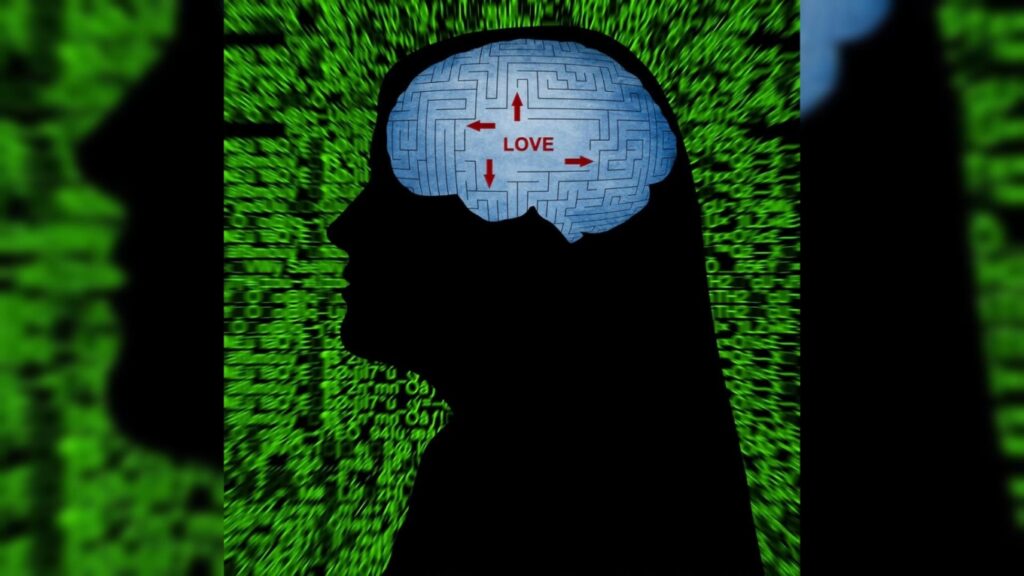
Love is a need for everyone. It gives emotional and mental strength. There is no doubt that true love gives a feeling of peace and security.
But when this love takes the form of addiction then there is a problem. By making love your habit, you become completely dependent on it and start feeling uneasy at the mere feeling of getting out of it.
In the language of psychology, this condition is called ‘love addiction’. The problem increases when you tolerate the relationship as a burden in this addiction.
In such a situation, you need to develop self-confidence to come out of this and handle your relationship.

Love addiction refers to a pattern of behavior characterized by a maladaptive, pervasive, and excessive interest towards one or more romantic partners, leading to a lack of control, abandonment of other interests, and negative consequences. Here are some key points about love addiction:
Definition:
- Love addiction, also known as pathological love, involves an obsessive fixation on a love interest.
- It goes beyond normal feelings of affection and becomes unhealthy and all-consuming.
- Immature love—uncertain, external, blind, and beyond one’s control—permeates the individual’s life.
Prevalence:
- The prevalence of pathological love is estimated to be 3-10%, but it may be higher in certain populations (e.g., college students).
- It’s essential to distinguish love addiction from other conditions like dependent personality disorder, borderline personality disorder, and erotomania (a delusional belief that someone high-status is in love with the individual).
Diagnostic Criteria and Theoretical Perspectives:
There is no consensus on the diagnostic criteria for love addiction.
Researchers propose various theories:
- Impulse-Control Disorder: Some view love addiction as an impulse-control disorder characterized by impulsivity and novelty-seeking.
- Mood Disorder: Others consider it a mood disorder, with mood states similar to those experienced during intense romantic love.
- Obsessive-Compulsive Spectrum: Some suggest it belongs to the obsessive-compulsive spectrum, where repetitive and intrusive thoughts revolve around the loved one.
- Biaxial Continuum: Love addiction might be understood as a biaxial continuum, combining attachment-related behaviors and reward-seeking impulsivity.
Psychological Impact:
- Love addicts often have a fantasy of being rescued by their loved one.
- They place their love interest on a pedestal, while having a low opinion of themselves.
- The addiction can lead to dependency, making it difficult to handle relationships as anything other than a burden.
Treatment:
- Recognizing love addiction is crucial.
- Developing self-confidence and seeking professional help can help individuals break free from this unhealthy pattern and regain control over their lives.
Remember, while love is a beautiful and essential part of life, maintaining a healthy balance is crucial to avoid falling into the trap of love addiction. 🌟
How to Recognize
Even if someone you love doesn’t treat you well, you tolerate it. Can’t even imagine your life without him. You seek your existence in it only. You feel that you are not safe without him and cannot live without him.
You are afraid of being alone and remain lost in his thoughts day and night. If it is so then it means that you are a victim of love addiction.
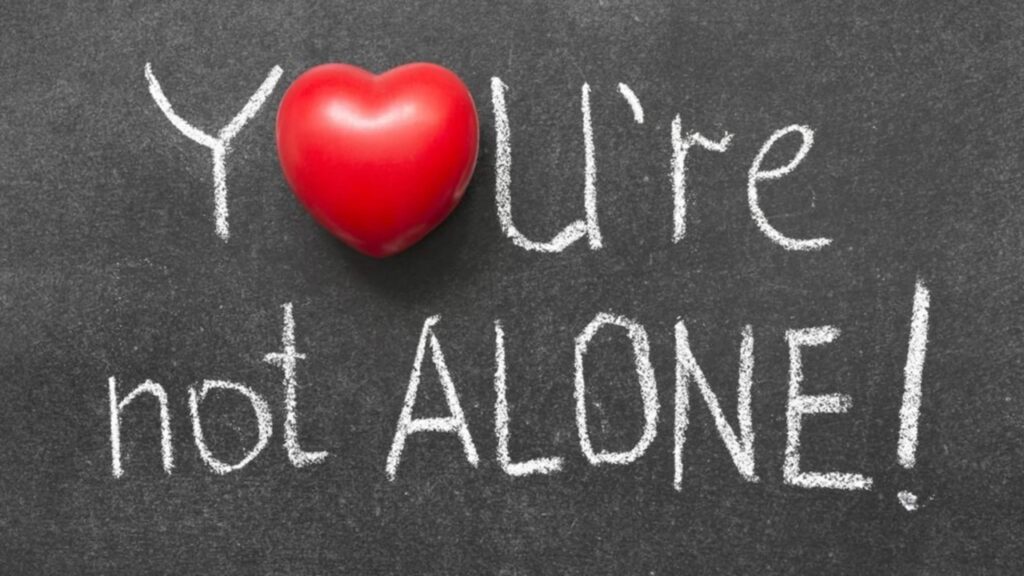
If you find yourself in a situation where you tolerate mistreatment from someone you love, can’t imagine life without them, and feel that your very existence depends on their presence, you might be experiencing love addiction. Let’s delve into this further:
Unhealthy Fixation:
- Love addiction involves an obsessive and unhealthy fixation on a romantic partner.
- You may exhibit behaviors like calling too frequently, attempting to control the other person, or even stalking them.
- These compulsions can make it challenging to maintain mutually beneficial relationships.
Other Signs of Love Addiction:
- Feeling lost or uprooted without your partner.
- Overdependence on your partner.
- Prioritizing the relationship over family and friends.
- Becoming depressed and obsessed when romantic advances aren’t reciprocated.
- Constantly seeking romantic relationships regardless of quality.
- Feeling despondent without a romantic partner.
- Difficulty leaving unhealthy or toxic relationships.
- Obsessive thoughts about the other person, disrupting your daily life.
Diagnosis and Causes:
- While love addiction isn’t a formal mental health diagnosis, some experts consider it an independent mental disorder.
- Researchers have developed tools like “The Love Addiction Inventory” to help diagnose suspected love addiction.
- Trauma and genetics may play a role in its development.
Seeking Help:
- Recognizing love addiction is crucial.
- Developing self-confidence and seeking professional support can help you break free from this unhealthy pattern and regain control over your life.
Remember, love should enhance your life, not consume it entirely. Seek balance and prioritize your well-being. 🌟
What to Do
It is okay to have emotional attachment to the one you love, but do not make it a habit. It is dangerous to become completely dependent on it.
Avoid this. Maintain your existence. Love is not bad, but it is not right to leave all the work and always remain lost in the thoughts of only that person.

Therefore, keep yourself busy in creative work. You also have your own existence, maintain it. If you do not do this, you will gradually start becoming a victim of insecurity yourself.
If the person you love doesn’t respect you, misbehaves with you, and you still tolerate him because you are afraid that your relationship might break.
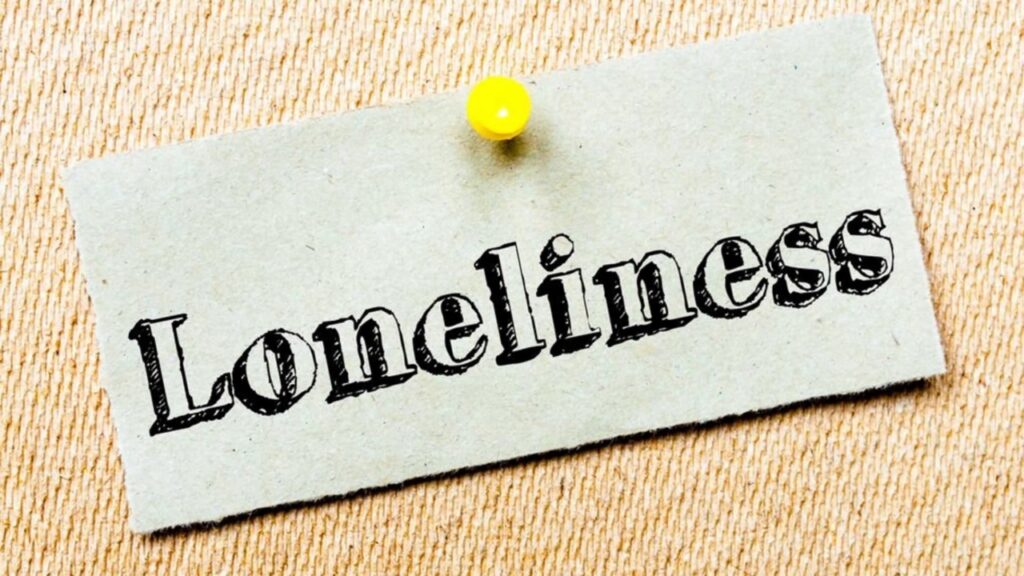
But you cannot know the true meaning of life by being afraid of loneliness. Therefore, you should find ways to stand on your feet. One should develop self-confidence.
Remember, as soon as you awaken your self-confidence, you will take love not as an addiction but as a form of respect and will be able to fix your relationship too.
Self-Respect is Important
Just as everything has a limit, love should also have a limit. It is important that we do not become blind to love. When we do this, it becomes an addiction. To avoid this, we should control our emotions. If your self-confidence remains intact, you will be able to control your emotions. Don't lose your existence in any relationship. Without this, a feeling of insecurity develops in you. Don't forget that the most important thing is self-respect. Without this, no person can exist.
Self-respect is indeed crucial for maintaining healthy relationships and personal well-being. Let’s delve into this further:
Balancing Love and Boundaries:
- Love is beautiful, but it should not lead to blindness or addiction. Set healthy boundaries.
- Recognize when love becomes overwhelming and affects your judgment.
Emotional Control:
- Self-confidence helps regulate emotions. When you value yourself, you can manage feelings effectively.
- Avoid losing control or becoming overly dependent on someone else.
Maintaining Identity:
- In any relationship, preserve your individuality. Don’t lose yourself completely.
- Insecurity arises when you neglect your own needs and worth.
The Core of Existence:
- Self-respect is fundamental. It shapes how you perceive yourself and how others treat you.
- Without self-respect, personal growth and fulfillment are challenging.
Remember, honoring your self-worth is essential for a fulfilling life. 😊🌟



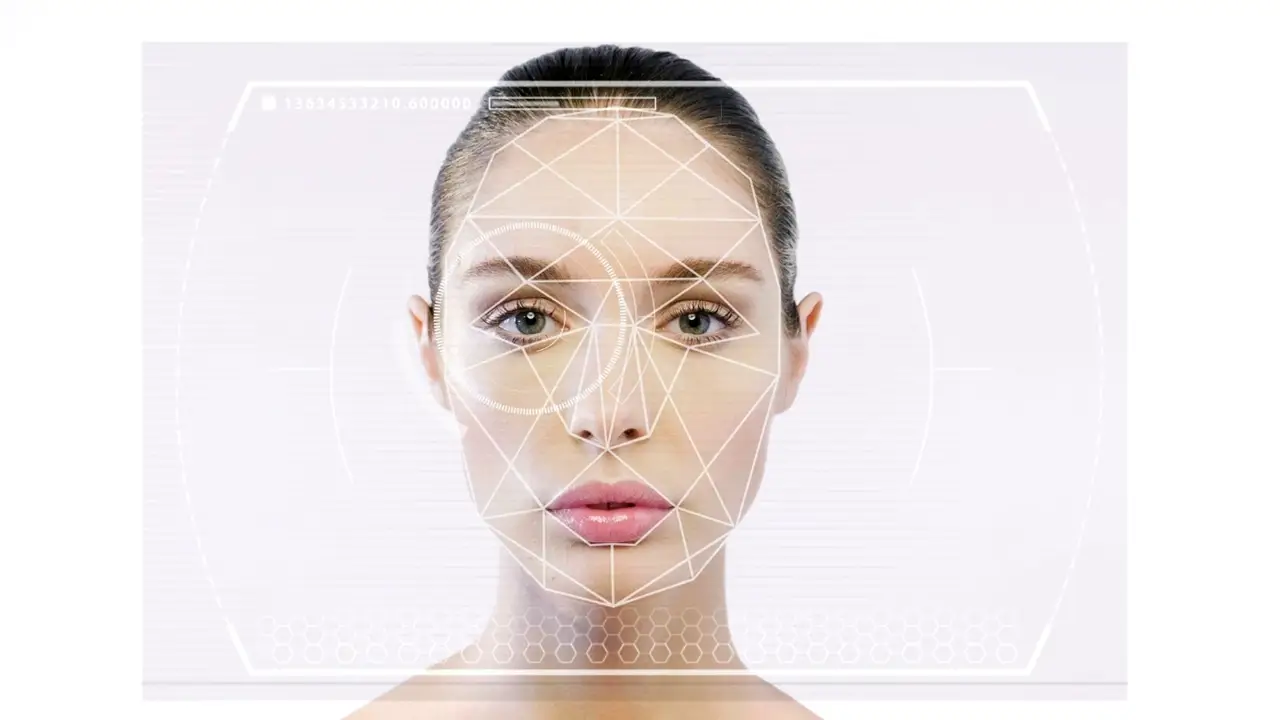
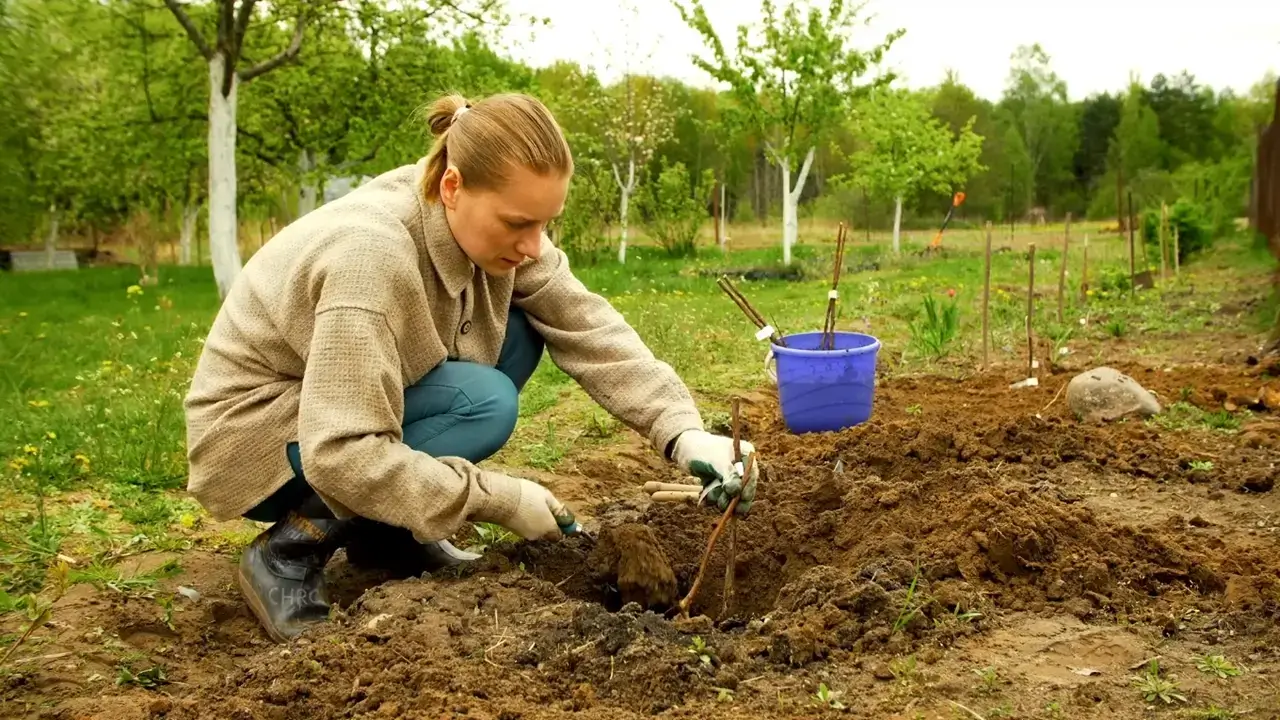





















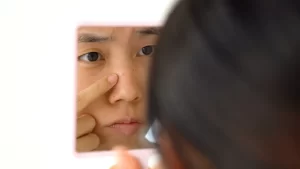







I found your blog site on google and examine a few of your early posts. Proceed to maintain up the very good operate. I simply extra up your RSS feed to my MSN Information Reader. Searching for ahead to reading more from you in a while!…
Thank you, I have recently been searching for information approximately this topic for ages and yours is the greatest I’ve found out so far. However, what about the bottom line? Are you certain about the source?
I liked up to you will obtain performed proper here. The caricature is attractive, your authored subject matter stylish. however, you command get got an nervousness over that you want be turning in the following. in poor health definitely come more until now once more as exactly the same nearly very incessantly inside of case you protect this increase.
My partner and I stumbled over here different website and thought I might as well check things out. I like what I see so i am just following you. Look forward to looking into your web page for a second time.
Keep functioning ,terrific job!
I have read a few excellent stuff here. Certainly value bookmarking for revisiting. I surprise how so much attempt you put to create this sort of fantastic informative web site.
I’ve been browsing online greater than 3 hours today, yet I by no means found any interesting article like yours. It’s pretty value enough for me. In my opinion, if all site owners and bloggers made excellent content material as you did, the net shall be a lot more helpful than ever before.
Real nice design and style and excellent subject matter, nothing else we need : D.
Keep up the good work, I read few blog posts on this website and I think that your web blog is really interesting and has got lots of fantastic info .
Everyone loves what you guys tend to be up too. Such clever work and exposure! Keep up the very good works guys I’ve incorporated you guys to my blogroll.
Hi , I do believe this is an excellent blog. I stumbled upon it on Yahoo , i will come back once again. Money and freedom is the best way to change, may you be rich and help other people.